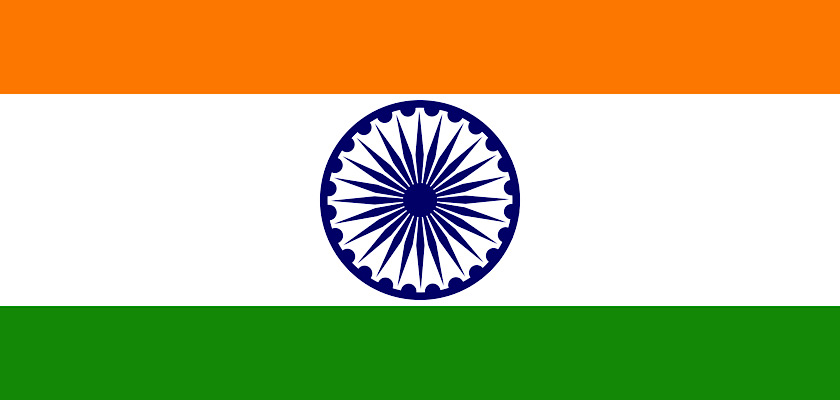Over the last few months, we’ve seen many government bodies rolling out initiatives that allow them to control the flow of information on the internet by deciding what is true and what is “fake news.” Now India is following in the footsteps of these other governments and has announced that it will be introducing new social media regulations that will curb the spread of what it deems to be “fake news,” “misuse of social media,” and more.
India’s Ministry of Electronics and Information Technology (MeitY) told the country’s Supreme Court that it will lay out rules and regulations for social media platforms by January 15, 2020.
Currently, none of the rules and regulations have been finalized. However, some of the measures that are being considered include:
- Amending India’s 2011 Information Technology Intermediaries Guidelines Rules to make social media companies more liable for the content published on their platforms
- Requiring social media companies to remove user posts that don’t comply with these regulations
- Requiring social media companies that have more than five million users to incorporate in India
- Requiring social networks to link user profiles with India’s national ID system – Aadhaar
- Requiring social media companies to use automated tools to remove unlawful information
- Requiring social media companies to provide information and assistance to government agencies within 72 hours of communication
The Supreme Court expressed serious concerns over some social media platforms’ inability to trace the origin of user accounts or content posted by users and urged the government to step in now.
Facebook is currently challenging the linking of Aadhaar and social media user profiles in an India court and argues that meeting these demands will force it to break WhatsApp’s end-to-end encryption and infringe on the safety and privacy of its users. Additionally, Facebook has argued that because WhatsApp is end-to-end encrypted, it’s not possible to link Aadhaar numbers with WhatsApp user profiles.
The MeitY argued that these regulations are necessary because it believes that the internet has led to “an exponential rise in hate speech, fake news, anti-national activities, defamatory postings and other unlawful activities using internet/social media platforms.”
The regulations will make India the latest government to use legal mechanisms to control what is published online. The announcement follows similar fake news initiatives and laws being introduced in Europe and Singapore.
Not only does allowing governments to decide what is fake news infringe on the free flow of information online and raise questions over whether fake news regulations will be used to censor legitimate criticism of governments but it also often raises wider problems.
One of these common problem is that these initiatives often come at the expense of user privacy. For example, Facebook announced yesterday that as part of its efforts to “increase transparency” around the 2020 US elections, it would be forcing some page owners to make their private information public. Facebook said it’s making the change because some page owners try to make people think that their pages are run independently when they’re not. However, this change unmasks users and infringes on their privacy – something Facebook is attempting to prevent the Indian government from doing with WhatsApp.
These initiatives also often cause content to be wrongly censored because of bias. Facebook CEO Mark Zuckerberg recently agreed there “clearly was bias” when content from pro-life advocacy group Live Action was labeled false by pro-abortion activist “fact-checkers” and then suppressed as a result.













